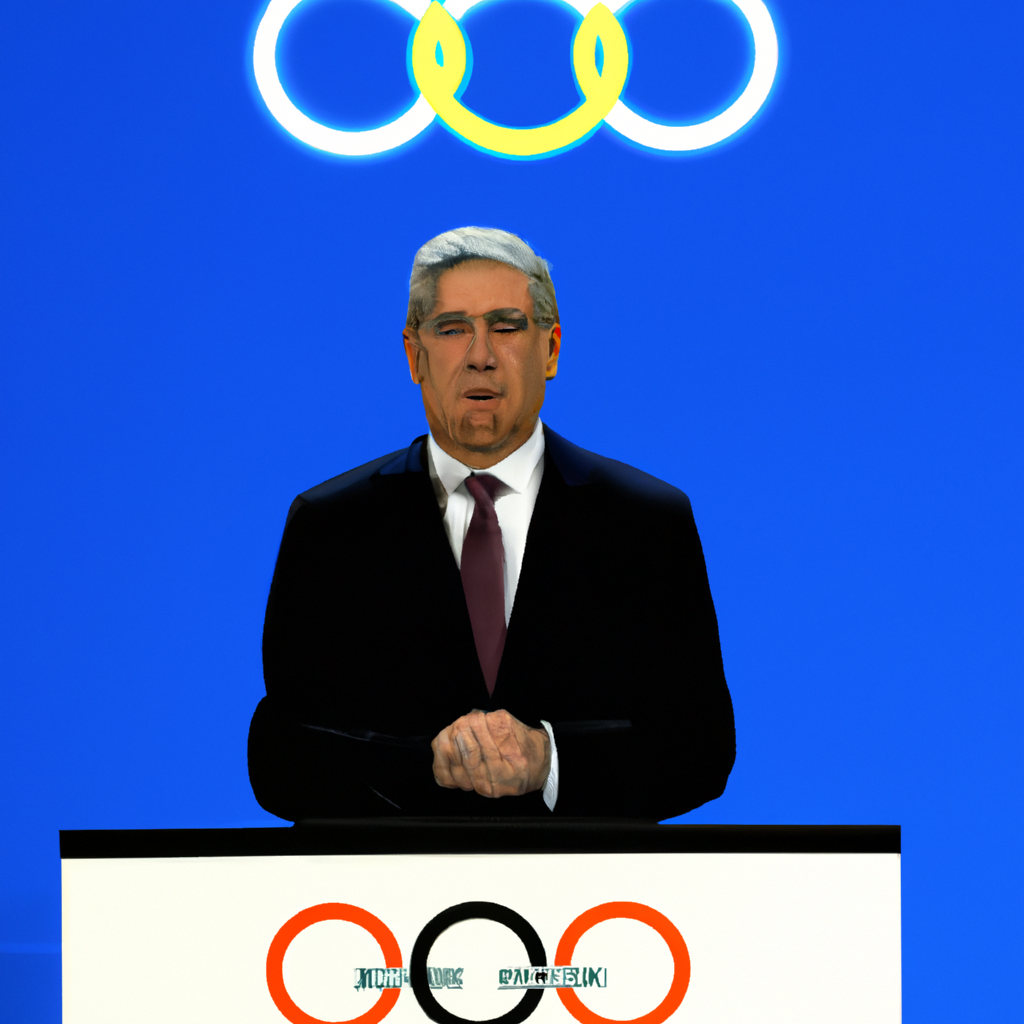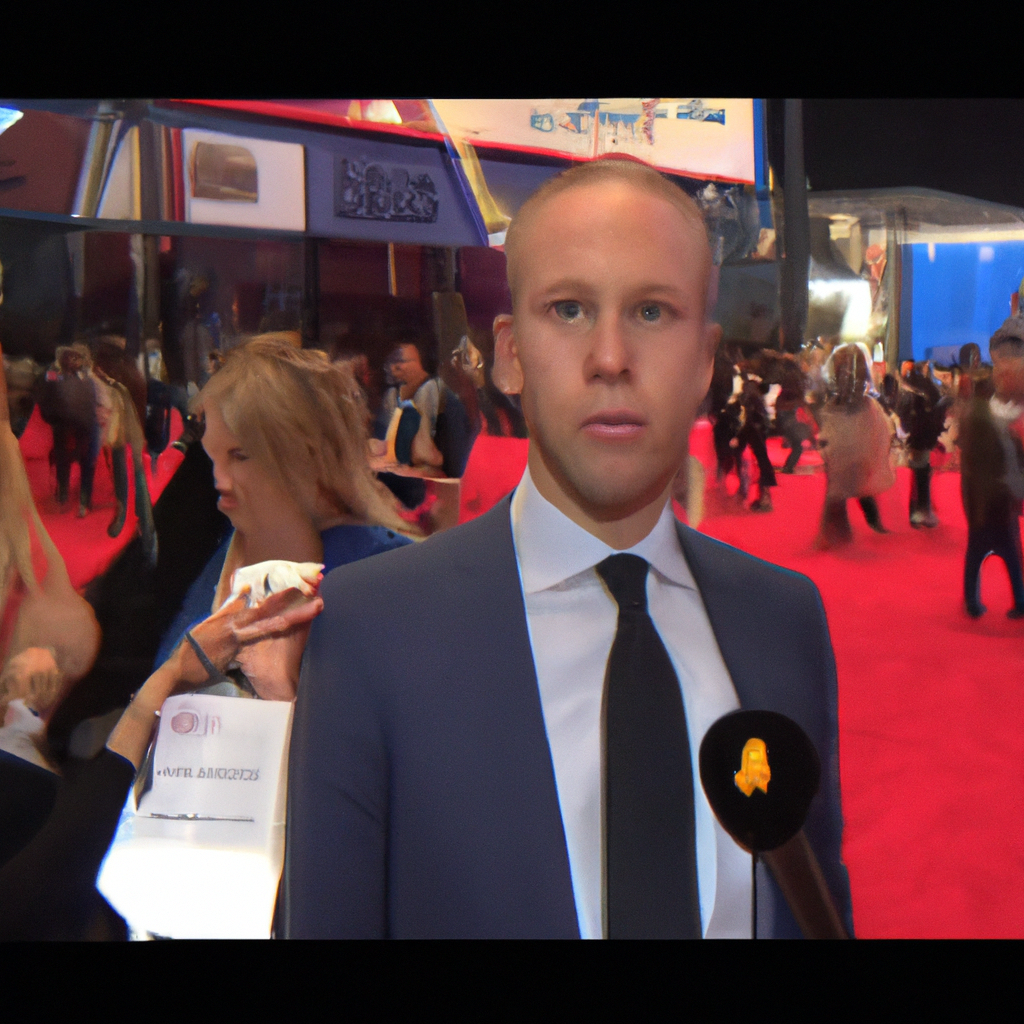Read in your native language
english german italian french spanish mandarin arabic portuguese russian japanese hindi bengali punjabi urdu korean vietnamese thai malay indonesian persian turkish polish ukrainian greek romanian hungarian dutch swedish norwegian finnish danish hebrew czech slovak bulgarian serbian croatian slovenian
The Tension Between the IOC and US Over Sports Doping: A Dual Perspective
The Paris 2024 Olympic Games have begun, bringing together more than 10,000 athletes in a grand spectacle of sportsmanship. However, just days before the events, the International Olympic Committee (IOC) made headlines with a controversial decision regarding a Chinese sports doping scandal. This has stirred tensions with the U.S. as the IOC threatened to revoke Salt Lake City's bid to host the 2034 Winter Games over inquiries into the handling of the case, leading to a complex situation involving a range of stakeholders with distinct perspectives and interests.
Perspectives Involved
- International Olympic Committee (IOC)
- U.S. Congress
- U.S. Olympic and Paralympic Committee (USOPC)
- U.S. Anti-Doping Agency (USADA)
- American Athletes
- Chinese Authorities
1. IOC's Perspective
The IOC aims to maintain the integrity of international sports governance, establishing rules that promote fair competition. The IOC believes that the actions of the U.S., including congressional probes, undermine the authority of the World Anti-Doping Agency (WADA).
- Benefits: Maintaining control, and establishing strong governance.
- Risks: Losing credibility and facing backlash from global sports authorities.
- Losses: Possible loss of host cities for future Olympics and reputation damage.
2. U.S. Congress
Concerned with transparency, the U.S. Congress aims to investigate the scandal.
- Benefits: Enhancing accountability and protecting American athletes' interests.
- Risks: Tension with international bodies and potential political consequences.
- Losses: Alienation of international sports communities.
3. U.S. Olympic and Paralympic Committee (USOPC)
The USOPC is caught between compliance and advocacy for its athletes.
- Benefits: Opportunity to secure future Olympic events for U.S.
- Risks: Being seen as complicit in covering up doping issues.
- Losses: Potential backlash from athletes and loss of trust.
4. U.S. Anti-Doping Agency (USADA)
The USADA is critical of WADA's actions and advocates for stricter standards.
- Benefits: Reinforced commitment to clean sports.
- Risks: Losing ties with WADA and potential isolation.
- Losses: Financial impacts from reduced international collaboration.
5. American Athletes
Many athletes are frustrated and demand transparency from governing bodies.
- Benefits: Greater focus on clean sports and transparency.
- Risks: Complications in their competition amidst ongoing scandals.
- Losses: Psychological effects of distrust in the system.
6. Chinese Authorities
The Chinese authorities insist on the innocence of their athletes and champion the integrity of WADA's handling of the situation.
- Benefits: Preserving their athletes' reputation.
- Risks: Increased scrutiny from international bodies.
- Losses: Potential international fallout and impact on future competitions.
Conclusion
The Paris 2024 Olympic Games serve as a backdrop to this significant dispute between international sports governance and national interests. The IOC's strong stance amplifies existing sentiments of distrust while fueling demands for transparency among athletes and lawmakers. Each party stands to gain or lose significantly from the outcomes of the ongoing discussions and investigations, illustrating the complexities of global sports.
The relevance of this discussion, rooted in historical complexities between international sports governance mechanisms and national interests, is significant but increasingly questioned by newer generations. For many, these actions reflect a systemic struggle between maintaining traditional power dynamics and the push for reform and accountability in global sports.
Keywords: Paris 2024 Olympic Games, International Olympic Committee, Chinese sports doping scandal, Salt Lake City’s bid, U.S. Olympic and Paralympic Committee, U.S. Anti-Doping Agency.
Author: Andrej Dimov
Published on: 2024-07-29 03:15:09



